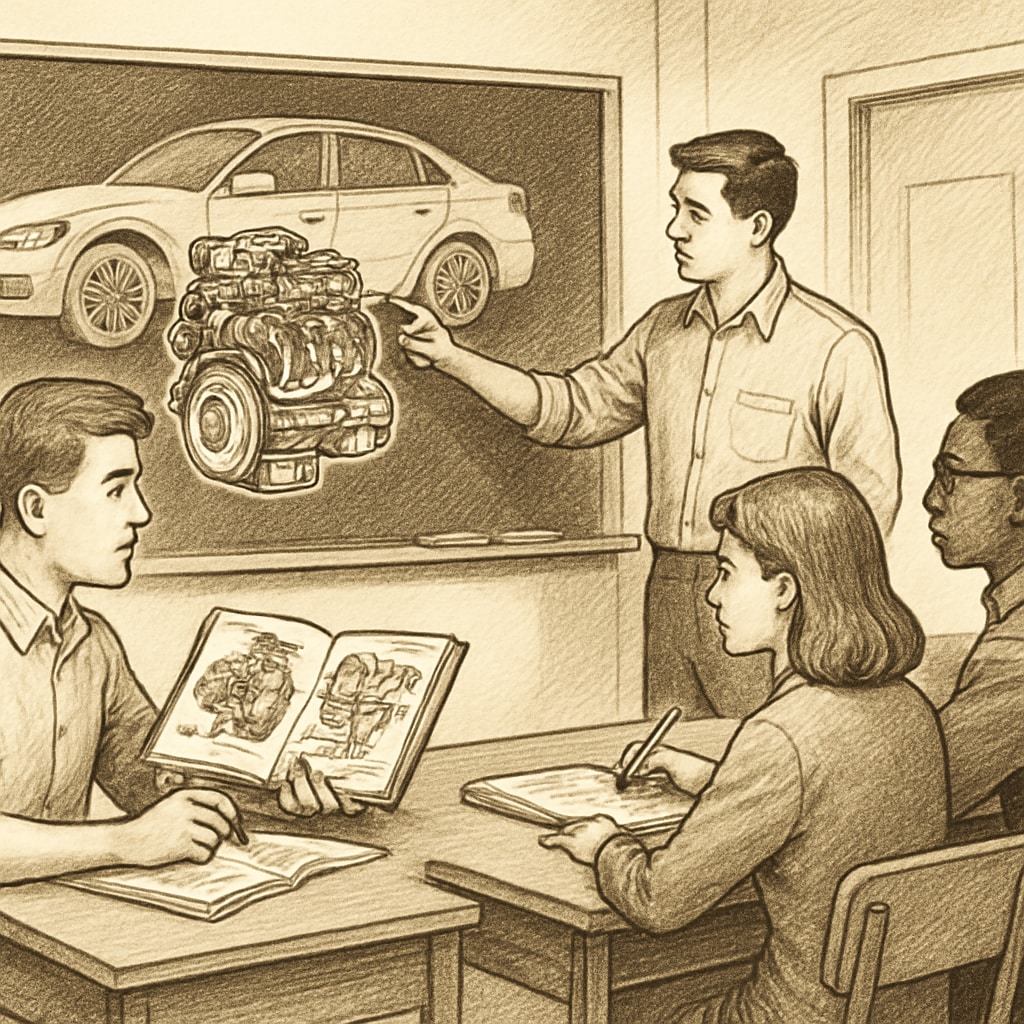Military personnel with an associate degree in automotive technology often seek ways to advance their education and career by pursuing a bachelor’s degree. This transition offers broader career opportunities, higher earning potential, and deeper technical expertise. In this guide, we explore strategies for credit transfer, compatible academic programs, and how these pathways align with long-term career goals.
Understanding Credit Transfer for Automotive Technology Degrees
One of the most important steps in transitioning from an associate degree to a bachelor’s degree is understanding credit transfer policies. Many universities and colleges offer programs that recognize military experience and prior coursework, allowing students to maximize their existing credits.
- Articulation Agreements: These agreements between institutions ensure that credits from your associate degree transfer seamlessly to your bachelor’s program.
- Military Experience Credits: Some universities offer credit for military training and experience, reducing the time needed to complete a bachelor’s degree.
- Accreditation Matters: Ensure your associate degree comes from an accredited institution to avoid complications during the transfer process.

Choosing the Right Bachelor’s Degree Program
The next step is finding a bachelor’s degree program that complements your associate degree in automotive technology. Popular options include degrees in engineering, business management, or automotive engineering technology. Each pathway offers unique advantages depending on your career aspirations.
- Automotive Engineering Technology: Focuses on advanced technical skills, perfect for those aiming to work in automotive design or manufacturing.
- Business Management: Ideal for military personnel transitioning to leadership roles in automotive dealerships or service centers.
- Mechanical Engineering: Provides a broader engineering foundation, opening doors to diverse industries beyond automotive.

Career Opportunities After Completing a Bachelor’s Degree
Graduating with a bachelor’s degree significantly expands your career prospects. Automotive technology professionals can explore positions in research and development, product design, or management roles within the industry. Additionally, the leadership skills acquired during military service enhance your employability in supervisory and executive roles.
According to the U.S. Bureau of Labor Statistics, mechanical engineers earn a median wage of over $90,000 annually, making this an attractive option for automotive technology graduates. Similarly, positions in automotive management offer competitive salaries and career growth potential.
Financial Aid and Support for Military Personnel
Military personnel often qualify for unique financial aid opportunities, making the transition to a bachelor’s degree more affordable. Programs like the GI Bill and tuition assistance can cover a significant portion of costs. Additionally, many universities offer veteran support services to ease the transition.
For example, the GI Bill provides funding for tuition, housing, and other educational expenses, ensuring that military personnel can focus on their studies without financial stress.
Readability guidance: Use concise paragraphs and lists to summarize key points. Incorporate transition words (e.g., however, therefore, for example) to ensure smooth flow. Keep passive voice and overly long sentences to a minimum for clarity.


